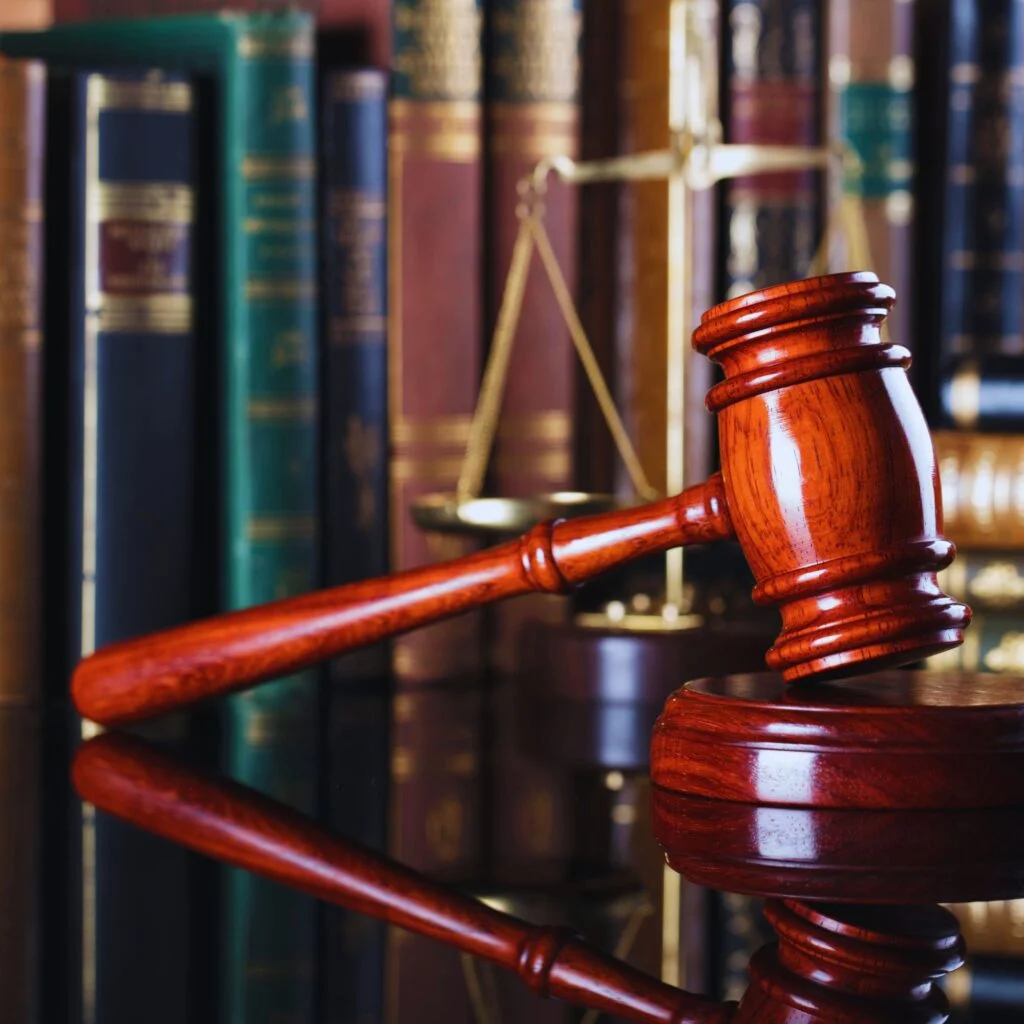When you are injured, whether due to an accident, negligence, or malpractice, finding the right personal injury lawyer is crucial to ensure you get the compensation you deserve. The process of selecting an injury law lawyer can be overwhelming, but taking a strategic approach will help you make an informed decision. Understanding your specific needs is the first step in narrowing down your options. Lawyers specialize in different areas of personal injury law, so it is essential to choose one with experience in the type of case you are pursuing. For instance, if your injury is due to a car accident, it is beneficial to hire a lawyer who specializes in motor vehicle accidents. Once you have identified your specific legal needs, start researching potential lawyers. Look for someone who has a strong track record of handling cases similar to yours. Experience matters, as it means the lawyer is likely familiar with the challenges your case may face and can offer effective solutions.

Additionally, a lawyer with a history of successful case outcomes may indicate they have the negotiation skills needed to secure a favorable settlement or verdict. Be sure to check reviews or testimonials from previous clients to gauge their satisfaction and the lawyer’s reputation. Another key factor in choosing the right lawyer is their ability to communicate effectively. You need someone who listens to your concerns, explains your legal options in a clear and understandable manner, and is responsive to your inquiries. A good lawyer will make you feel confident about the direction of your case, provide you with regular updates, and answer your questions thoroughly. If a lawyer is difficult to reach or seems dismissive, it may be a sign to look elsewhere.
The lawyer’s approach to fees is also important to consider. Many personal injury lawyers work on a contingency fee basis, meaning they only get paid if you win your case. This can be an advantage for clients who may not have the financial resources to pay hourly fees upfront. However, it is essential to discuss the lawyer’s fee structure in detail before agreeing to representation. Some lawyers may charge a higher percentage of your settlement or award, so understanding the terms ahead of time will help you avoid surprises later. Location is another consideration. While it is not always necessary to choose a lawyer based on their proximity to your home, having someone familiar with local laws and court procedures can be beneficial. A lawyer with knowledge of local judges, court systems, and even the opposing parties may have an edge when negotiating your case. Additionally, meeting with your lawyer in person may be easier if they are located nearby, allowing for more effective communication throughout the legal process.
